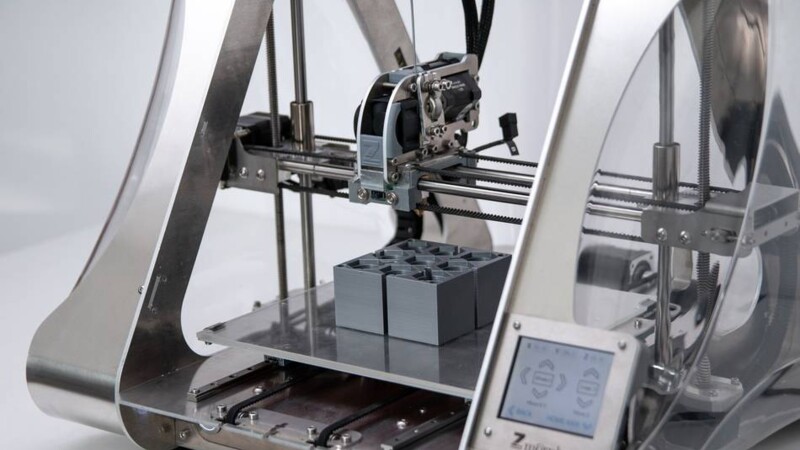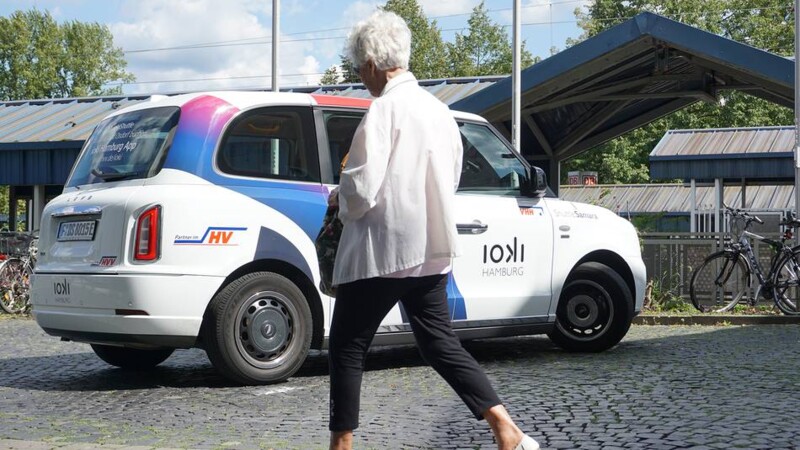The main application at the moment is automated evaluation and quantification of image data, particularly of MRI images for patients with multiple sclerosis (MS), that jung diagnostics provides as a service to radiology units. “The aim is to help the doctor pinpointing the best therapy,” Opfer said. Even though MS is incurable, there are highly effective medicines able to slow its course significantly. MS is also known as the “illness with a 1,000 faces”, as its progress varies with each patient. The MRI images provide information about whether and to what extent medication is effective. “MS involves inflammatory processes in the central nervous system, recognizable as lesions using MRI. In addition, the brain volume declines. The algorithms measure brain volume, and also detect and measure the lesions,” Opfer explained. “Comparison with earlier images, as well as those of healthy people, facilitates decisions about whether the therapy is successful, or another medication should be tried,” he added.
As a rule, an MRI of the brain consists of four 3D data sets, each with 200 slices. “This means that, after magnetic resonance imaging (MRI), a radiologist would have to examine 800 images for a single patient. That cannot be achieved in day-to-day hospital work,” says Roland Opfer, 43, head of the six-strong team developing algorithms for evaluating image data at jung diagnostics GmbH. Algorithms – a sequence of instructions for solving defined tasks – need around half an hour for such an evaluation while “working” with constant accuracy. Nevertheless, irrespective of how secure the automated result is, “a person still checks the outcome in the end,” he added. (This feature follows from the first article about the debate as part of our Hamburg News series on artificial intelligence.)
Individual therapy using algorithms
AI – no replacement for medical experts
Radiology is particularly well suited to the use of artificial intelligence (AI), as it is a data-driven discipline. Large amounts of data are the precondition for self-learning algorithms. But Opfer does not anticipate AI replacing doctors in the foreseeable future. “We are only just arriving at a stage of AI that attains human capabilities,” he said. Algorithms are certainly able to carry out a series of tasks more rapidly and with greater accuracy. But the machines are not cleverer than humans – even in terms of deep learning, a learning method inspired by how the human brain learns – as “training” the algorithms is done based on human parameters. “But they take over some of the work from the doctors. This saves time that they can make better use of elsewhere,” Opfer says in setting out the advantages of AI. This also seems to be in the interest of the patients, as a representative study by Bitkom shows. Accordingly, 68 per cent of Germans want AI to be increasingly used in medicine to help doctors during diagnosis and to select the best possible therapy.
Philips heavily involved in AI research
Jung diagnostics is based on the Philips Campus in Hamburg’s Health Innovation Port. Both Opfer and company founder Lothar Spies worked in research at Philips for years. The medical products manufacturer is heavily involved in AI research. Of the total annual budget of EUR 1.7 for research and development at Philips, 60 per cent goes towards developing software and into data science. “It is all but impossible to call up all the relevant information in daily hospital work, interpret it and always deduce the correct decisions rapidly and securely,” Timo Paulus, Innovation and Business Development DACH Director at Philips says. “Artificial intelligence can assist in the health sector by converting large amounts of data into information ready for use,” Paulus says.
ys/rm/pb
Sources and further information
More
Similar articles

3D printers producing PPE to fight corona

